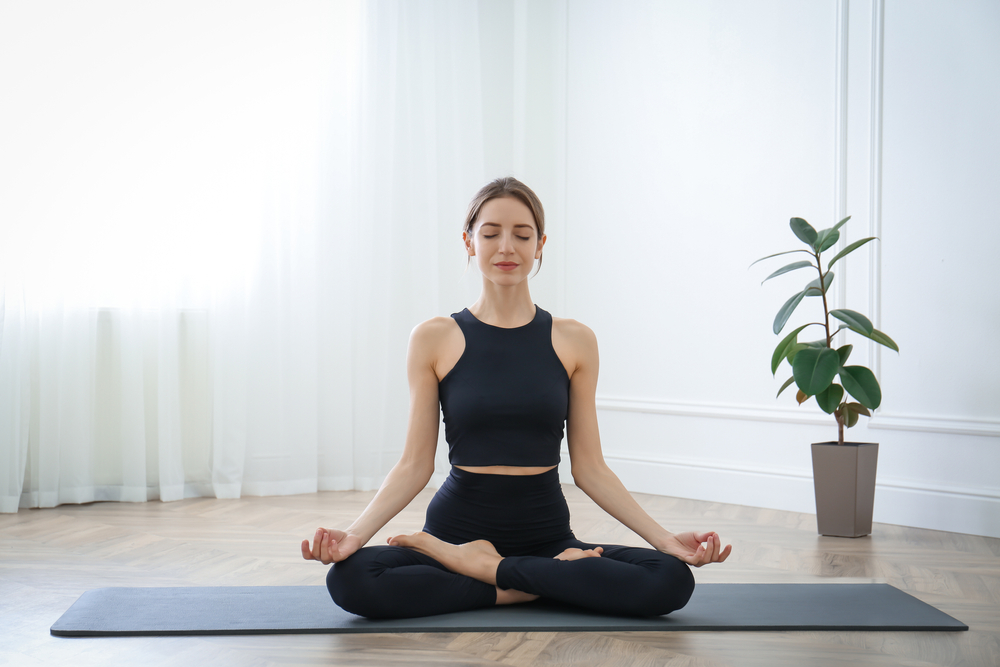Understanding Mindfulness And Its Advantages
In our fast-paced world today, it’s easy to become entangled in a never-ending cycle of stress and anxiety. But what if there was a method to discover peace and clarity amidst the chaos? This is where mindfulness practices for stress reduction come into play.
Mindfulness involves immersing oneself in the moment without judgment. It entails paying attention to one’s thoughts, emotions, and sensations in a reactive manner. By cultivating mindfulness practices for stress reduction, you can alleviate stress, enhance clarity, and promote well-being.
The benefits of mindfulness practices for stress reduction are plentiful. Research has established that regular engagement in mindfulness can diminish anxiety, depression, and chronic pain. It can also improve sleep quality, enhance function, and foster self-compassion. Additionally, mindfulness has been observed to enrich relationships by enabling individuals to be more present and attentive to others’ needs. In essence, mindfulness serves as a tool that empowers you to navigate life’s challenges with increased ease and resilience.
Stress is a response to challenging situations. It can significantly affect our overall well-being when it persists or becomes overwhelming. Long-term stress has the potential to trigger anxiety, depression, and burnout while also compromising our system, disrupting sleep patterns, and impairing cognitive function. Because of this impact on our health, it’s essential to delve into techniques that can effectively reduce stress.
Practice 1: Breathing Exercises
One effective method to reduce stress is to cultivate mindfulness through breathing exercises. Find a place to sit comfortably, close your eyes, and focus on breathing. Observe the sensation of each breath entering and leaving your body. You can choose to count your breaths or pay attention to the rise and fall of your abdomen. Whenever your mind starts to wander, gently bring it back to the breath. Dedicate a few minutes each day to this practice, gradually increasing the duration as you become more at ease.
Practice 2: Body Scan Meditation
Another powerful mindfulness practice for reducing stress is body meditation. Begin by lying down and bringing awareness to your body. Slowly scan from head to toe, noticing any sensations or areas of tension along the way. When encountering discomfort, take breaths in those areas. Allow them to relax and release tension. This practice helps foster a connection with your body while promoting relaxation and stress reduction.
Practice 3: Mindful Eating for Clarity
Mindful eating is a practice that involves fully engaging in the experience of eating. Instead of rushing through meals or eating on autopilot, take the time to savor every bite with attention. Take a moment to appreciate the flavors, textures, and aromas of the food you consume. Chew your food slowly and consciously, paying attention to the sensations in your mouth. By practicing mindful eating, you can develop a sense of satisfaction from your meals and foster a healthier relationship with food.
Activity 4: Movement and Exercise
Activity benefits physical well-being and improves mental health. Engaging in movement and exercise can help alleviate stress and enhance overall mindfulness and mental clarity. Whether it’s engaging in yoga, going for a walk, or dancing, find an activity that allows you to fully immerse yourself in your body movements. Note how your muscles feel as they move, the rhythm of your breath, and the connection between your body and its surroundings. Let go of any judgment or expectations. Savor the experience of being in motion.
Activity 5: Stress Reduction Through Journaling
Journaling can be a tool for self-reflection and stress reduction. Dedicate a few minutes each day to jot down your thoughts, feelings, and experiences on paper. Approach this practice with a curiosity that avoids judgment. Allow your thoughts and emotions to flow freely onto the pages without censoring or overanalyzing them. Keeping a journal can be beneficial in gaining clarity, processing emotions, and developing an understanding of oneself.
Start Practicing Mindfulness
By making mindfulness practices for stress reduction a part of our daily routine, we can navigate life’s challenges easily while fostering deeper connections with ourselves and others.
Atlanta Recovery Place is a Georgia addiction recovery center dedicated to providing individuals with support to address their mental health concerns. We offer anxiety treatment, depression counseling, and borderline personality disorder treatment, among other programs. Contact Atlanta Recovery Place now. Begin your journey toward a life filled with mindfulness practices for stress reduction and overall wellness.



